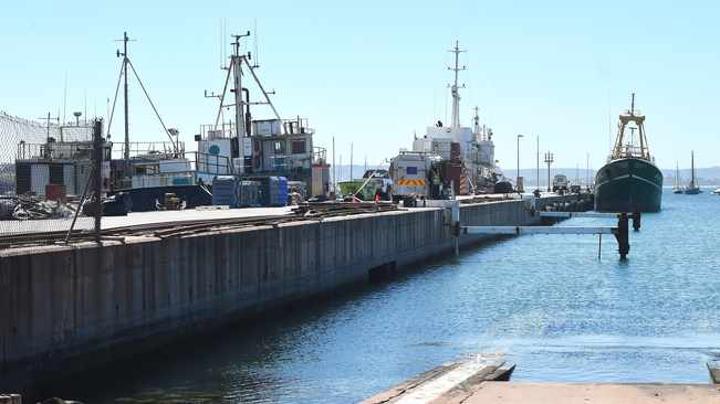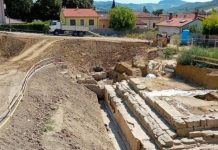Africa-Press – South-Africa. By: Bongani Mankewu
THE ECONOMIC Reconstruction and Recovery Plan (ERRP) announced last year prioritises infrastructure spending to support the economy in the short term and longer-term reforms tended to boost the potential growth rate, but it needs a coherent funding mechanism.
The ERRP sets out eight priority interventions that will ignite South Africa’s recovery and reconstruction effort, with an emphasis on infrastructure as the main driver of the endeavour.
The crucial enablers to restore growth include the macroeconomic framework for fiscal sustainability, regulatory reforms to enable growth, building a capable state, economic diplomacy and Africa integration, and skills development.
The ERRP intends to unlock more than R1 trillion in new infrastructure investments through enabling the private sector, building capability in Infrastructure SA and the Infrastructure Fund, reviewing procurement frameworks, and providing catalytic funding through blended finance instruments. To boost infrastructure spending, the government plans to partner with the private sector, multilateral development banks, and development finance institutions to augment its skills, expertise and funding.
Several structural instruments have been advocated to enhance the financing of infrastructure across all its sub-sectors that include the reforms of pension funds and optimal use of public-private partnerships.
At the heart of South Africa’s plan is the resuscitation of the economy and job recreation through aggressive infrastructure investment, re-industrialisation, localisation and export promotion, reinforced through resource mobilisation and the strengthening of the state’s capacity.
We can look at the US and what they have done to promote infrastructure. President Joe Biden recently unveiled a more than $2 trillion (R28 trillion) infrastructure and economic recovery package as an economic stimulus for the US. The US plan aims to revive US transportation infrastructure, water systems, broadband and manufacturing, among other goals. However, what is key to this plan is its financing mechanism, which increases the corporate tax rate to 28 percent and measures designed to prevent profits going offshore, according to the White House.
South Africa too needs to unlock a financing mechanism. South Africa is lacking a formula to leverage the financing of the ERRP.
The United Nations Conference on Trade and Development (Unctad) released a report titled “Tackling Illicit Financial Flows (IFFs) for Sustainable Development in Africa”. The prime motive of the report is the urgency to address financial haemorrhage from the continent, which is impacting efforts towards achieving the UN’s 2030 Sustainable Development Goals (SDGs).
Unctad highlights that Africa lost $836 billion from 2000 to 2015, with $88.6bn lost annually. Unctad confirms that IFFs from Africa is equivalent to 3.7 percent of the continent’s gross domestic product.
The puzzling dichotomy is that Africa requires $200bn to achieve the SDGs, while it is losing billions annually on IFFs.
The Unctad report highlights that curbing capital flight can enable the availability of funds for the development of infrastructure, and further underscores the need for engagement by African countries with the international community on taxation reforms.
It is recognised that most African countries lack the tools to challenge tax evasion by foreign enterprises. However, in a South Africa endowed with sophisticated financial expertise, tax evasion is the low-hanging fruit to extract the required financing of infrastructure.
The question that remains mind-boggling is why the ERRP is not emphasising the IFFs as a critical variable to the formula of financing the practicality of the programme.
Resource mobilisation for this noble ERRP requires an authentic corporation among the stakeholders across industry, the government and academia, underpinned by the objectives of the National Development Plan.
Bongani Mankewu is an associate of the Infrastructure Development and Engagement Unit at Nelson Mandela University.
*The views expressed here are not necessarily those of IOL or of title site.
BUSINESS REPORT ONLINE






